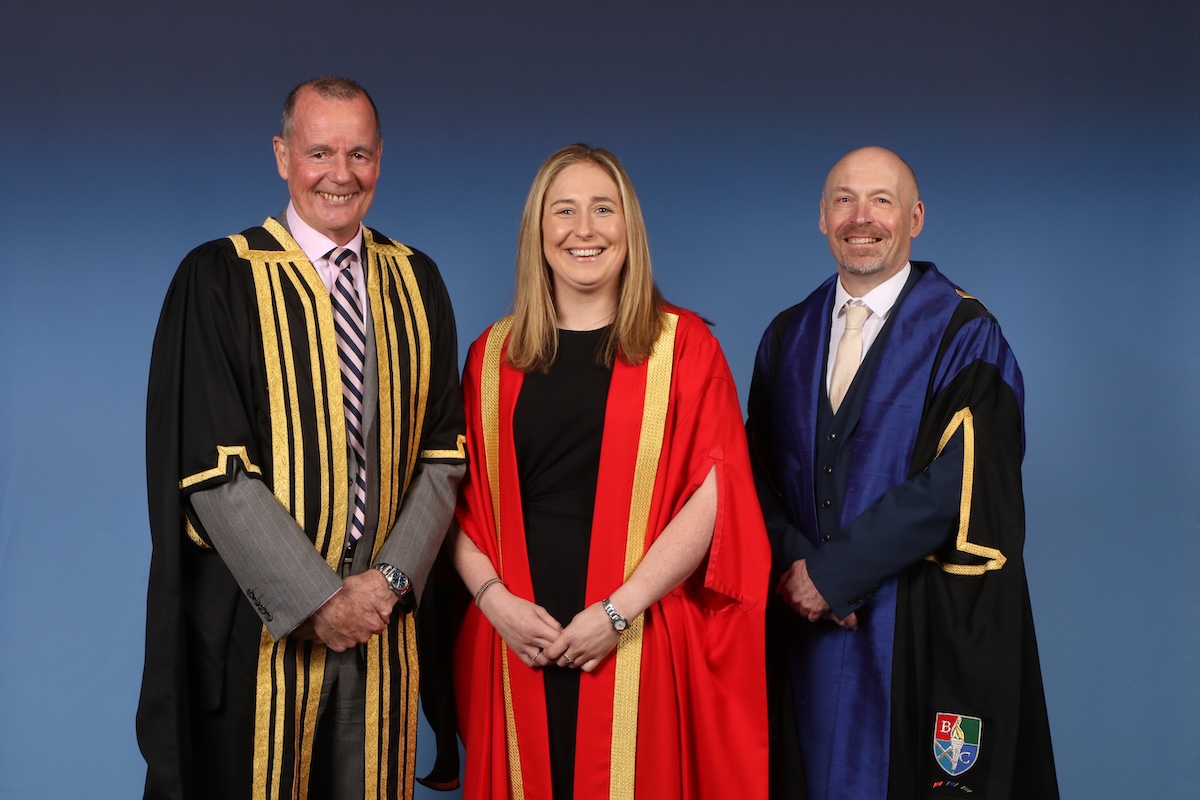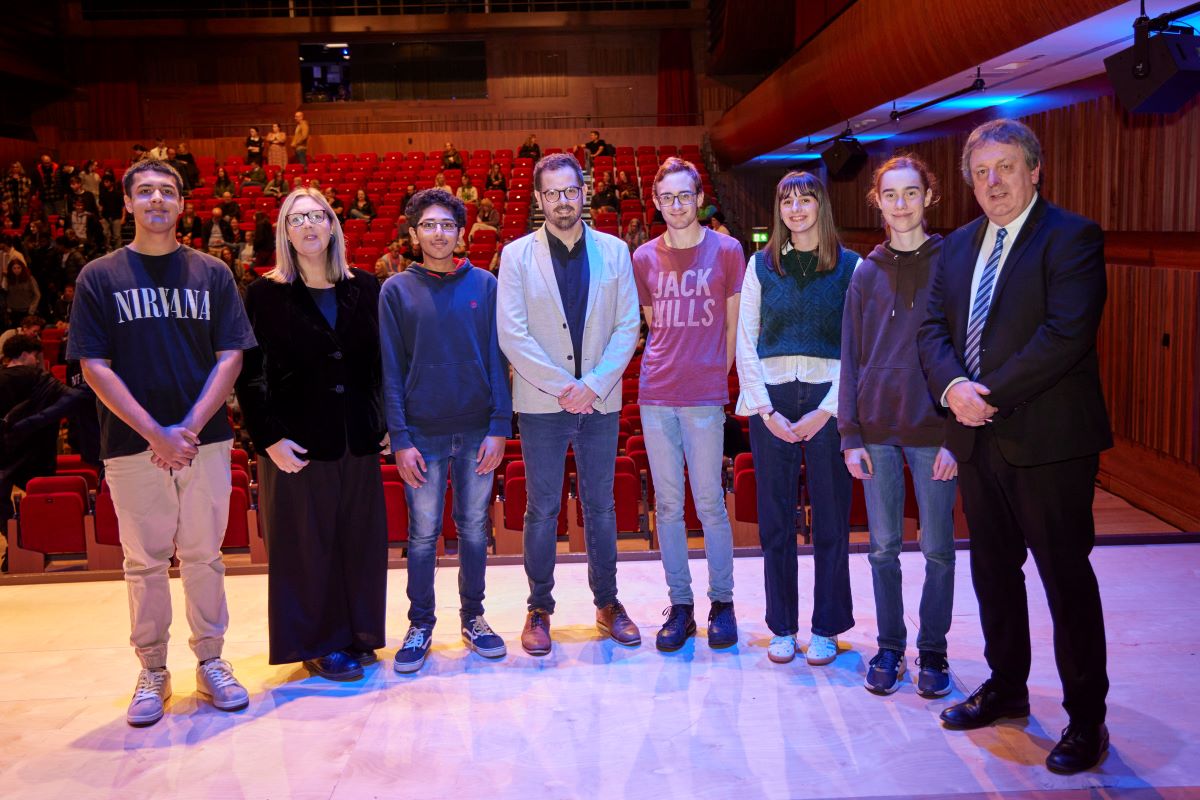Expanding Childcare: Time for children, parents and family learning

A wider vision of the benefits of childcare is needed to fully inform a national debate on access to childcare entitlements, according to a new paper published by Campaign for Learning.
Despite pressures on the economy and a childcare sector in crisis, both main political parties remain committed to expanding childcare in England for children aged 9 months to the start of full-time schooling.
The paper, ‘Expanding Childcare: Time for children, parents and family learning’, considers in particular the advantages and disadvantages of the new childcare entitlements announced by the Government. It includes perspectives and recommendations from labour market economists, child development and parental engagement experts, organisations representing working families, childcare groups, family learning specialists, as well as Campaign for Learning. (See below for full list.)
Julia Wright, national director at Campaign for Learning, said:
“Some authors in the paper explicitly state that a work-focused childcare strategy is too narrow in terms of coverage for both parents and children.
“Whilst Labour’s very recent announcement for an expanded system of childcare entitlements based on low-income families is not examined by the experts in the paper, a number of contributors in this paper indicate that a more comprehensive system of childcare is required, so more children have access to childcare during those first crucial 1,001 days of their lives.
“Taken together, these contributions show that childcare is about more than getting parents into work. It is about enabling parents to engage directly in the development of their child, providing time to develop themselves through adult learning and participating in skills training to get better jobs, if and when they return to the labour market.”
The Government has announced a work-focused childcare strategy that extends the existing free childcare entitlements so that by September 2023, working parents with children aged 9 months to 2 years old will join those of 3- and 4-year-olds who are already entitled to 30 hours free childcare.
Usually, the benefits of free childcare are understood in terms of providing time for work and time for child development. Important though these are, this paper shows why childcare should also be seen as a social good that can create time for parents so they can:
- Develop themselves through adult learning
- Participate in skills training to get a better job, rather than just take any job
- Engage in family learning to the benefit of them and their children, and
- Potentially consider entering the childcare workforce.
Contributors also highlight the need to professionalise the childcare workforce, starting with better pay, and set out why a childcare workforce development strategy is urgently needed.
The pamphlet concludes with recommendations from Campaign for Learning which focus on the link between childcare and lifelong learning.
Julia Wright explains:
“As an organisation that campaigns for lifelong learning, we urge both main parties to examine the links between parents, childcare entitlements and access to adult and family learning and skills training.
“We think there is a strong case for 16 hours of training to count as 16 hours of paid employment where a parent undertakes skills training, so they get access to free childcare. There are three potential options where this arrangement could be beneficial.
“First, where parents take part in Skills Bootcamps for 16 weeks; second, where parents choose to take a year’s childcare course at a further education provider; and third, where parents can be encouraged to study at home or online to enable them to go back into the labour market to get a good job, rather than just any job.”
Juliette Collier, co-national director at Campaign for Learning, said:
“Given its benefits to both children and adults, including the potential role of family learning as a route into the childcare workforce, we recommend including time for family learning within the 30-hour and 15-hour free childcare entitlements for children from age 9 months to under 5.”
Read the full paper and all the recommendations here
Expanding Childcare: Time for children, parents and family learning
Part One: Childcare the welfare state
1. Will Snell, Chief Executive, The Fairness Foundation
Childcare and a new social contract
2. Anneka Dawson, Head of Pre-16 Education, Ceri Williams, Senior Research Fellow,
and Alexandra Nancarrow, Research Fellow, Institute for Employment Studies
The childcare sector: providers and the workforce in England
Part Two: Childcare and time for work
3. Paul Bivand, Independent Policy Analyst
Women, employment and childcare
4. James Cockett, Labour Market Economist and Claire McCartney, Policy Adviser,
Resourcing and Inclusion, CIPD
The planned childcare entitlements and progression into work
5. Jane van Zyl, Chief Executive, Working Families
Combining flexible working and childcare to solve the childcare crisis
Part Three: Childcare and time for child development
6. Janeen Hayat, Director of Collective Action, Fair Education Alliance
Improving childcare quality to support educational outcomes
7. Megan Jarvie, Head of Coram Family and Childcare
Making a step change to child development through childcare
8. Professor Elizabeth Rapa and Professor Louise Dalton, University of Oxford
Childcare, children’s development and education outcomes
Part Four: Childcare and time for parental engagement
9. Lee Elliot Major, Professor of Social Mobility, University of Exeter
The childcare revolution: a new opportunity for parental partnerships
in child learning
10. Bea Stevenson, Head of Education, Family Links the Centre for Emotional Health
Childcare and parental engagement in child learning
Part Five: Childcare and time for adult skills
11. Simon Ashworth, Policy Director, AELP
The new childcare entitlements and skills bootcamps
12. Sharon Cousins, Vice Principal, Newham College and National Association for
Managers of Student Services Executive
The new childcare entitlements and access to further education
13. Susan Pember, Policy Director, HOLEX
A thriving society means linking the new childcare entitlements to adult learning
Part Six: Childcare and time for family learning
14. Sam Freedman, Senior Fellow, Institute for Government
The childcare revolution and family learning
15. Susan Doherty, Development Officer – Family Learning, Education Scotland
Family learning and childcare: lessons from Scotland
16. Susannah Chambers, Independent Consultant
Bringing childcare and family learning together
17. Henriett Toth, Parent
Family learning and childcare: a personal experience











Responses